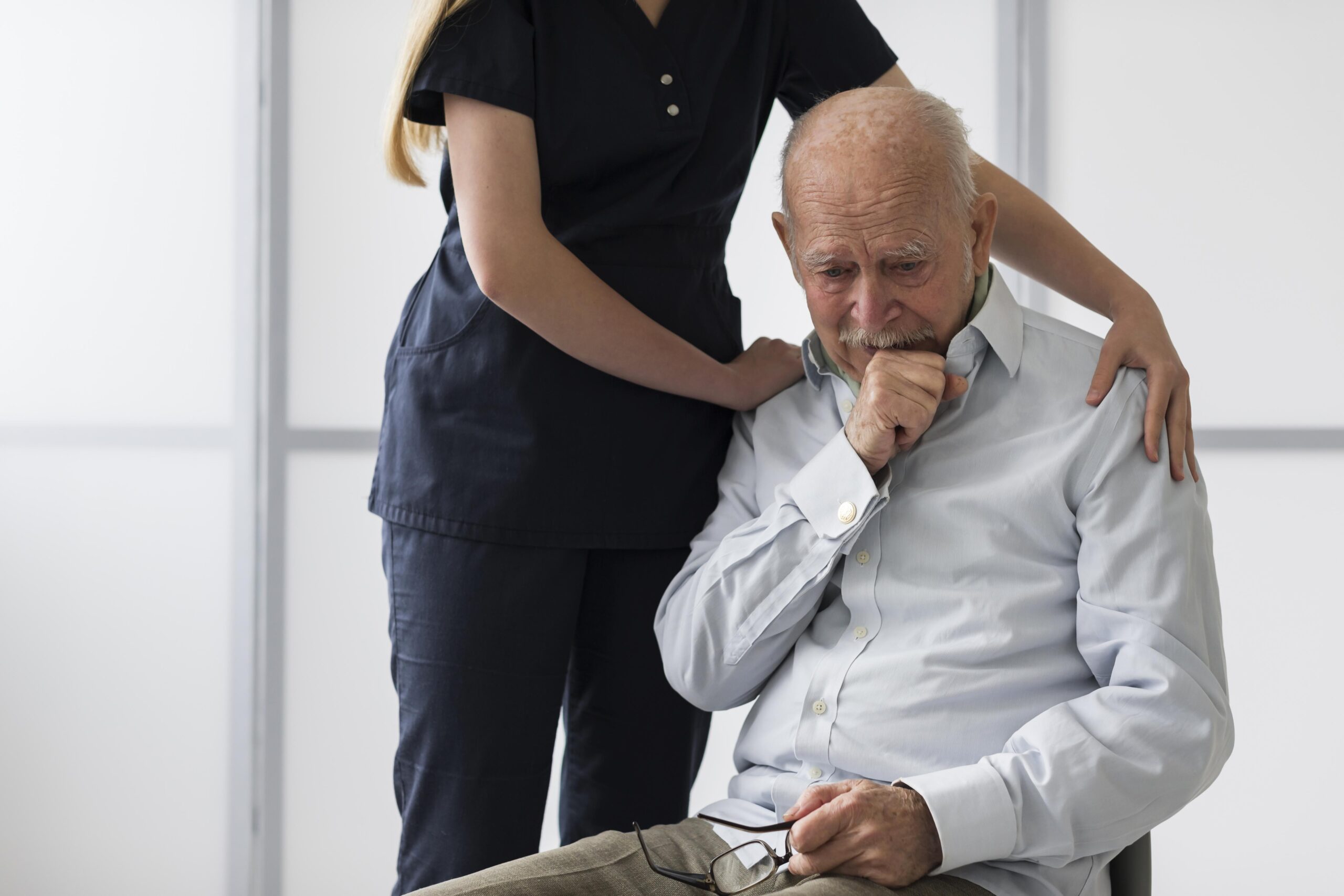
As the population ages, the number of individuals with dementia continues to rise, presenting unique challenges in maintaining their safety and well-being. One of the most common risks faced by seniors with dementia is falls, which can result in serious injuries and hospitalizations. In fact, studies show that individuals with dementia are three times more likely to experience falls compared to their cognitively healthy counterparts. Therefore, it is paramount to develop effective strategies to prevent falls and safeguard the well-being of seniors with dementia.
The impact of falls on seniors with dementia
Falls can have devastating consequences for individuals with dementia. Not only can they result in physical injuries such as fractures and head trauma, but they can also have a significant psychological impact, leading to a loss of independence and increased fear of falling. The consequences of falls can also extend to increased healthcare costs and a decline in overall quality of life.
To understand the impact of falls on seniors with dementia, it is crucial to recognize the unique challenges they face. Dementia can affect an individual’s cognitive abilities, including perception, judgment, and problem-solving skills. This cognitive decline can make it more difficult for seniors with dementia to navigate their environment safely, increasing their vulnerability to falls.
Additionally, individuals with dementia may experience changes in their gait and balance, further increasing their risk of falling. These changes can be attributed to brain changes associated with dementia, as well as underlying medical conditions such as Parkinson’s disease. As a result, it is essential to implement effective strategies to reduce the risk of falls in this population.
Assisting individuals with dementia in maintaining balance and mobility
Maintaining balance and mobility is crucial for individuals with dementia to reduce the risk of falls. There are several strategies that can be implemented to assist seniors with dementia in this regard.
Firstly, it is important to ensure that the home environment is safe and free from hazards. This can be achieved by removing clutter, securing loose rugs, and installing handrails in high-risk areas such as staircases and bathrooms. Adequate lighting is also essential to enhance visibility and reduce the risk of tripping or misperceiving objects in the environment.
In addition to modifying the physical environment, engaging in regular physical exercise can significantly improve balance and mobility in individuals with dementia. Exercise programs tailored to the specific needs and abilities of seniors with dementia, such as gentle stretching, walking, and balance exercises, can help maintain muscle strength and flexibility, reducing the risk of falls. Incorporating exercise into daily routines and encouraging social engagement during physical activities can also contribute to overall well-being.
Medication management and its role in fall prevention
Medication management plays a crucial role in fall prevention for individuals with dementia. Many medications commonly prescribed for dementia can have side effects such as dizziness, drowsiness, and impaired coordination, which can increase the risk of falls. It is essential for healthcare professionals and caregivers to regularly review and monitor the medications being taken by individuals with dementia, ensuring that the benefits outweigh the potential risks.
Regular medication reviews with healthcare professionals can help identify medications that may be contributing to falls and explore alternative options if necessary. It is also important to follow prescribed dosages and schedules accurately, as missed doses or incorrect administration can lead to adverse effects that may increase the risk of falls. Open communication between healthcare professionals, caregivers, and individuals with dementia is vital to ensure medication management is optimized for fall prevention.
Educating caregivers on fall prevention strategies
Caregivers play a crucial role in the safety and well-being of individuals with dementia. Educating caregivers on fall prevention strategies is essential to empower them with the knowledge and skills needed to create a safe environment for their loved ones.
Caregivers should be educated on the importance of regular home safety assessments and modifications. This includes identifying potential hazards and implementing appropriate measures to reduce the risk of falls. Providing caregivers with resources and training on how to make their homes safer can greatly contribute to fall prevention.
Furthermore, caregivers should be educated on the importance of regular physical exercise for individuals with dementia. They can encourage and support their loved ones in engaging in physical activities, such as accompanying them on walks or participating in exercise programs together. Caregivers can also play a role in promoting social engagement, which has been shown to improve overall well-being and reduce the risk of falls in individuals with dementia.
Conclusion: Empowering individuals with dementia and their caregivers to prevent falls
In conclusion, falls pose a significant risk to the safety and well-being of seniors with dementia. Implementing effective strategies to prevent falls is crucial in safeguarding their quality of life. By modifying the home environment, focusing on physical exercise, managing medications, and educating caregivers, we can reduce the risk of falls and enhance the overall well-being of individuals with dementia.
It is essential for families, caregivers, and healthcare professionals to work together in implementing these strategies and providing support to individuals with dementia. Through a comprehensive approach that addresses the unique challenges faced by this population, we can create a safer environment that promotes independence and reduces the risk of falls. Let us take proactive steps to safeguard the well-being of our loved ones with dementia and ensure they can live their lives to the fullest.
